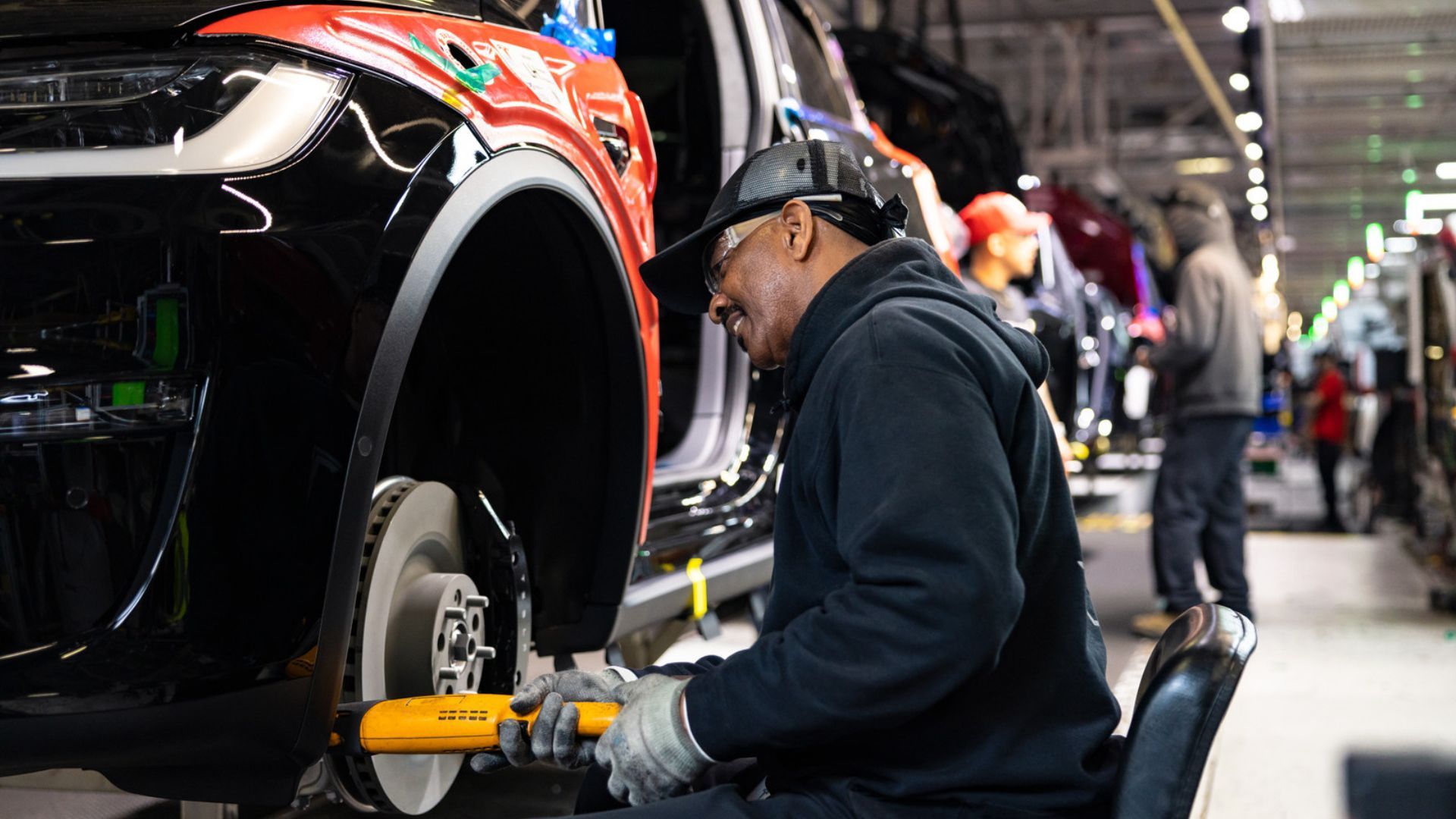It’s going to be a bumpy ride, everyone…
If you’ve been wondering whether or not the car chip shortage is starting to wane, we hate to be the bearers of bad news, but the outlook isn’t good. At least that’s according to the Federal Reserve Bank of Chicago, which put out a release penned by policy advisor Kristin Dziczek in late October about the situation.
Not everyone has agreed on how much longer the shortage would last, like what you can see here.
Dziczek claims the shortage of microprocessors in the auto industry will last into 2024, mirroring other predictions made by industry insiders, most notably Intel CEO Pat Gelsinger. It’s possible the shortage could last beyond 2024 but we hope that isn’t the case. However, unforeseen events like global war might trigger such an event, although such a thing would have even worse consequences for a number of industries.
According to Dziczek, claims that the car chip shortage was caused by automakers slashing their chip orders early in the pandemic is only part of the story. We agree, because by now there would be more loosening of the supply chain than we’re seeing in the industry.

She attributes the continuing problem to several factors, including the cold snap in Texas early last year which left parts of the state without power, the Japanese earthquake which triggered a fire at a car chip supplier, China’s Zero Covid policy, and Russia’s invasion of Ukraine since both countries supply critical elements for chip production. All these problems have led S&P Global to estimate chip lead times are four times longer than before covid spread worldwide – that’s a big problem.
Thankfully, Dziczek points out the auto industry has dug itself into a hole, too. Automakers are absolutely in love with technology at the moment, we think because it justifies pushing car prices ever higher. But shoving all kinds of advanced systems into cars, especially with the push toward electrification and autonomous drive systems, means today’s vehicles require far more microprocessors than ever.
This means automakers are gobbling up more and more chips per car produced while at the same time the supply of chips has constricted. Compounding the problem is the fact car microprocessors by nature must have a longer lifecycle than in consumer electronics and endure sitting in extreme temperatures. That’s why automakers can’t just use the same chips made for other industries.

Dziczek isn’t entirely optimistic government intervention in the form of the CHIPS Act will entirely solve the current and future semiconductor supply issues for the automotive industry. She sees the industry streamlining what types of chips it uses while partnering with chip producers as a better long-term solution. All this takes time, so we’re not seeing everything tied up nicely overnight.
While we’re seeing dealer inventories grow, that isn’t because the chip supply chain has smoothed out. Instead, that’s more of a function of buyers pulling back thanks to economic uncertainty and rising interest rates. In other words, this wild ride is far from over.
Read Dziczek’s analysis in its entirety here.
Images via Ford, GM, Tesla






